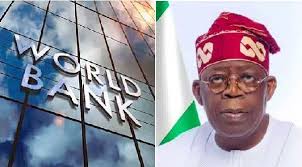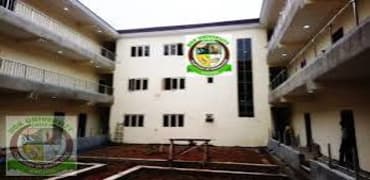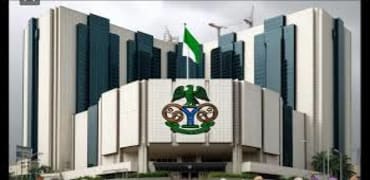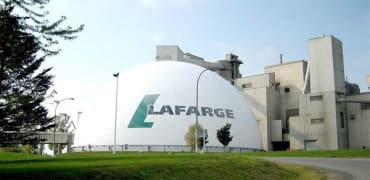Shareholders Hail Tinubu’s Reforms as Key to Macroeconomic Stability
Shareholders Hail Tinubu’s Reforms as Key to Macroeconomic Stability
By Achimi muktar
As President Bola Tinubu marks two years in office this week, a growing chorus of voices from Nigeria’s shareholder community is crediting his bold economic reforms for laying the foundation of a more stable and prosperous Nigeria—even if the journey has not been without pain.
Shareholders, under the umbrella of the Association for the Advancement of Rights of Nigerian Shareholders (AARNS), say Tinubu’s courageous policies have not only improved macroeconomic stability but are also drawing global investors back into the country’s financial markets.
“It hasn’t been easy, but it’s working,” said Dr. Faruk Umar, President of AARNS and a board member of several listed companies. “From stabilizing the naira to reviving the stock market, Tinubu’s reforms are showing real, measurable impact.”
According to Dr. Umar, reforms such as the banking recapitalisation, foreign exchange unification, and the enactment of the Investment and Securities Act 2025 have triggered a resurgence of investor confidence. The Nigerian Exchange (NGX) has recorded a sustained rally in the past year, a move analysts interpret as strong approval from both local and foreign investors.
“Look at the stock market returns, corporate earnings, GDP growth, and foreign inflows—those aren’t accidents. They are the direct result of calculated reform,” Umar emphasized.
Despite acknowledging the tough times caused by the reforms—including higher prices, forex losses, and reduced consumer spending—Umar said the short-term pain is paving the way for long-term gains. He believes the administration’s strategy is resetting Nigeria’s economic structure and pushing the country toward sustainable growth.
One standout initiative, he noted, is the “naira-for-crude” policy—a move designed to reduce Nigeria’s exposure to volatile international currency markets. Paired with the “Nigeria First” policy, shareholders see this as a patriotic push to prioritize Nigerian companies and citizens.
Shareholders are also urging the government to speed up the listing of key national assets—such as the Nigerian National Petroleum Company Limited (NNPCL) and power distribution companies—on the stock market. According to Dr. Umar, this move will not only improve transparency and efficiency in these sectors but also allow ordinary Nigerians to own stakes in their country’s wealth.
Another point of praise was the administration’s renewed focus on national security. Umar admitted that progress has been made, but he called for further recruitment and modernization of the armed forces to finally wipe out insurgency and banditry, especially in the North.
“The President’s order to reclaim forests from bandits could be a game-changer. But we need more boots on the ground and more tech-driven surveillance to finish the job,” he said.
On taxes, shareholders want the government to fast-track a more streamlined tax system that eliminates multiple levies currently suffocating companies. They’re also advocating for policies that reward publicly listed companies with access to lower taxes, loans, and federal projects.
As the Tinubu administration enters its third year, shareholders remain cautiously optimistic.
“We’ve seen real economic indicators shift positively. What we need now is for these reforms to translate into more affordable living for everyday Nigerians,” Umar added.
While some remain skeptical, the mood in investor circles is slowly shifting from doubt to confidence. If momentum is sustained, Tinubu’s economic gamble could go down in history as one that turned the tide for Africa’s largest economy.


















